INDIAN cinema can claim to be the biggest film industry in the world, but it has never reached its global potential. This is largely due to an inability to connect with non-Asian audiences.
Despite constantly boasting of breaking records, none of the films have been as financially successful as the major blockbusters from international cinema, including from some countries that also produce non-English language content. They have constantly failed to acheive global acclaim. Only three Indian films have ever been nominated in the best international feature film category at the Oscars, with none winning the award.
When the actual box office figures of bigbudget Indian films are compared with those of international cinema, they are much lower. The main reason for this is poor writing and the lack of ambition of producers, who are largely beholden to clueless A-list stars with too much creative power. There is an argument that it isn’t possible to make these types of movies in India, but that has constantly been blown out of the water by a British Asian.
Ever since his big-screen debut in the multi-award-winning Slumdog Millionaire, Dev Patel has consistently acheived cross-cultural success with India-set films and protagonists, a feat unmatched by Bollywood’s self-proclaimed superstars.

While the big names in Indian cinema are talented enough, they lack the ambition, courage or vision to emulate Patel. Instead, it has been left to the Harrow-born star to do what A-listers in India should have done long ago. Patel’s India-set films, such as Slumdog Millionaire, The Best Exotic Marigold Hotel and Lion have clocked higher box office figures and more global prestige than anything made locally.
While the movie icons in India remain in a cocoon, constantly hailed as demi-gods despite doing average box office business, Patel has continued to capitalise on India’s potential in a way none of them have ever done, with boundary-breaking projects such as his new film, Monkey Man.
The multi-talented star has written, produced, directed and headlined the film that is centred around a hero rooted in Indian culture. The film’s trailer has received a riproaring response and promises to be the kind of action-entertainer never before made in India. Like his previous projects, it is a role that could quite easily have been played by an A-list leading man from India and made by local producers. But Patel has shown once again that he has an astute understanding of international film markets, which is what top Bollywood filmmakers lack.
Monkey Man is due for release on April 5 and like Patel’s earlier India-set successes, it will certainly do much bigger business than most Indian films, including major Bollywood blockbusters.
Unlike Indian superhero films, where they randomly break into an out-of-place song and dance, he has delivered a project rooted in reality that will be more palatable to global audiences. As in the past, the British star will once again prove that hit English-language films can be made in India.
Patel will likely come up with more projects in the country, while the local leading men will carry on basking in fake praise and shockingly low box office figures. (Even those in India who dishonestly inflate box office numbers of their films to look more popular, don’t come anywhere close to what the great British star has done.) Maybe the Indian film fraternity should all watch Monkey Man when it is released and study the actor’s body of work to see where they are going wrong. They won’t do that and remain happy with what in today’s world is considered mediocrity. By launching himself as a producer, writer and director, Patel will now have the kind of power in Hollywood no sub-continental star has ever had, despite his biggest successes coming from India-based projects. For that, he deserves all the praise and more.






 Priya Malik
Priya Malik Kaavish
Kaavish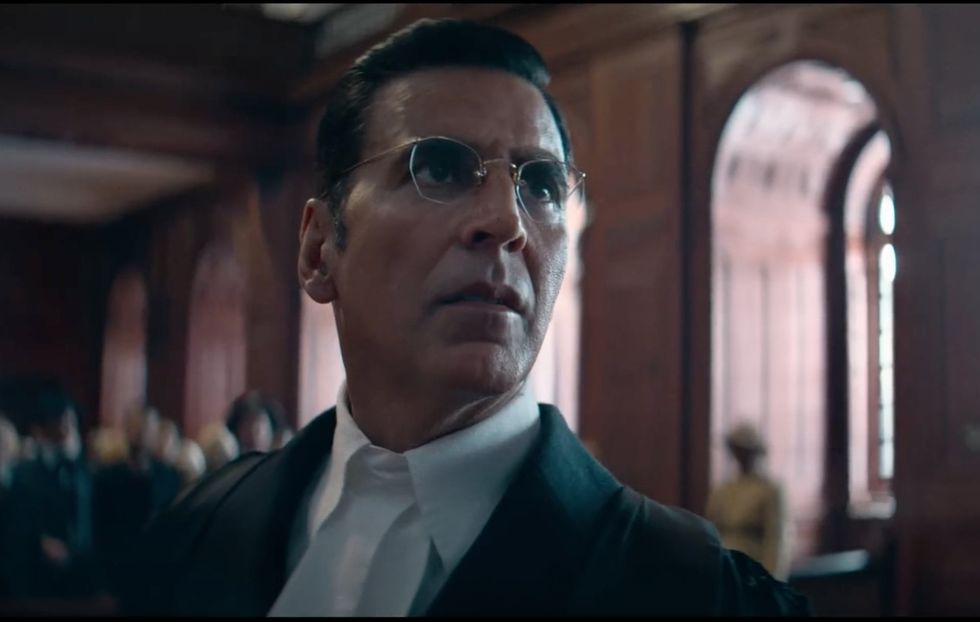 Kesari: Chapter 2
Kesari: Chapter 2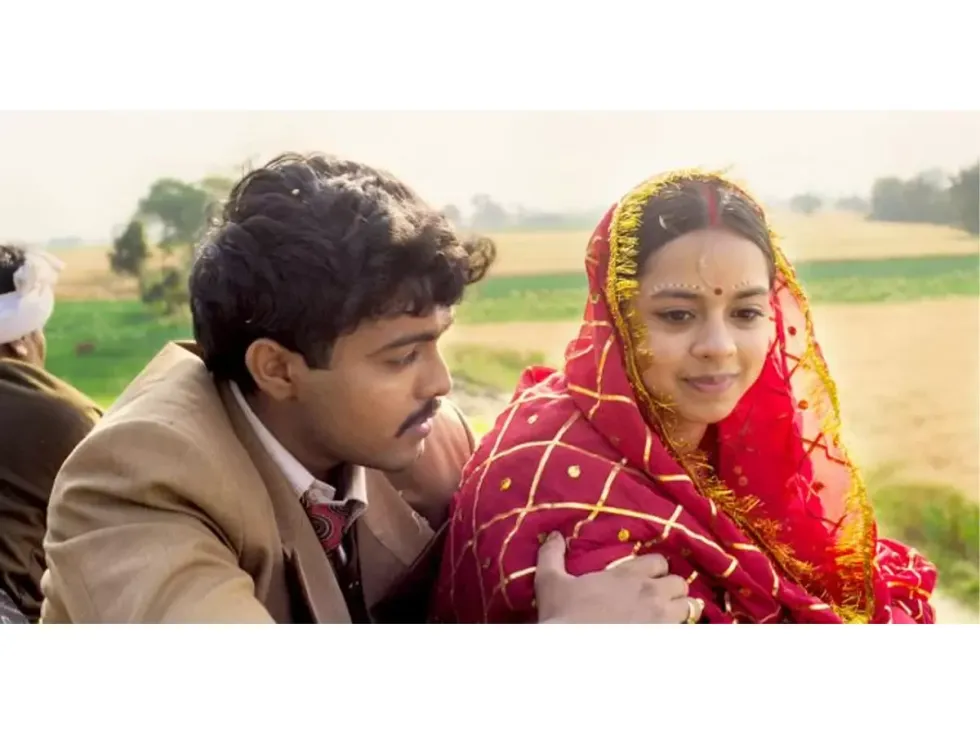 Laapataa Ladies
Laapataa Ladies Rizwan Muazzam
Rizwan Muazzam Manasi Ghosh
Manasi Ghosh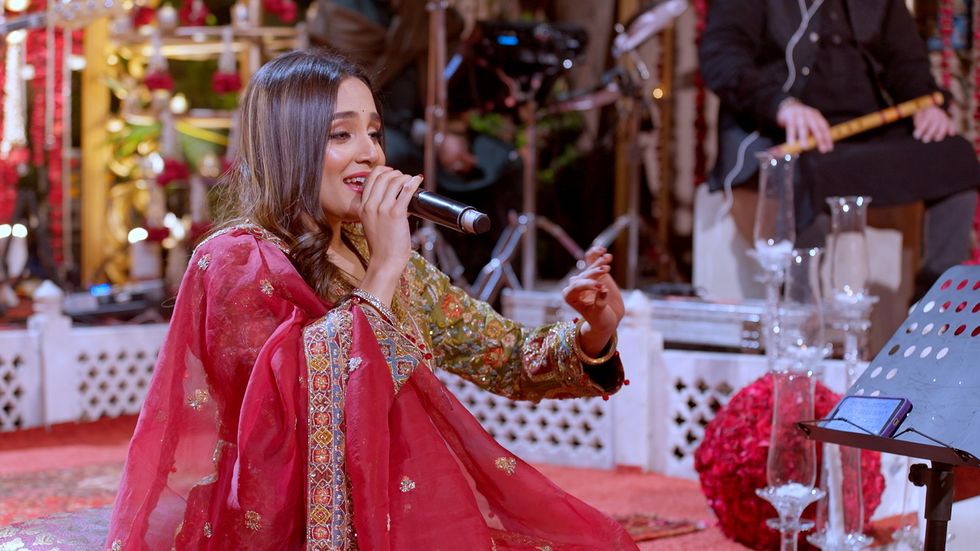 Kavya Limaye
Kavya Limaye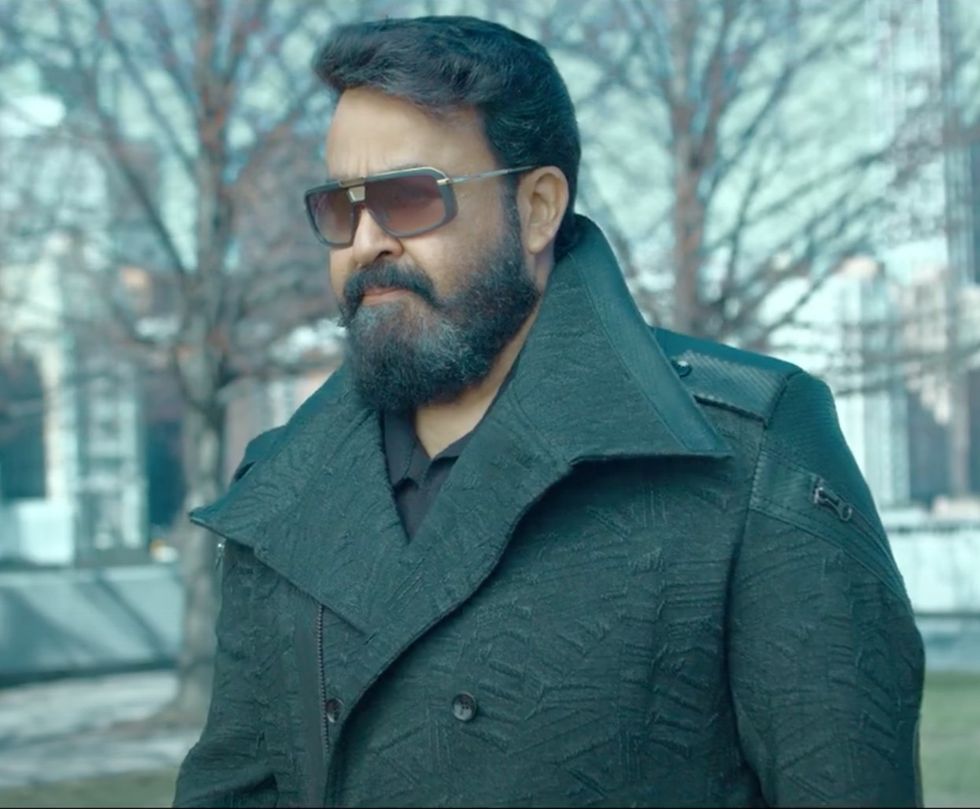 L2: Empuraan
L2: Empuraan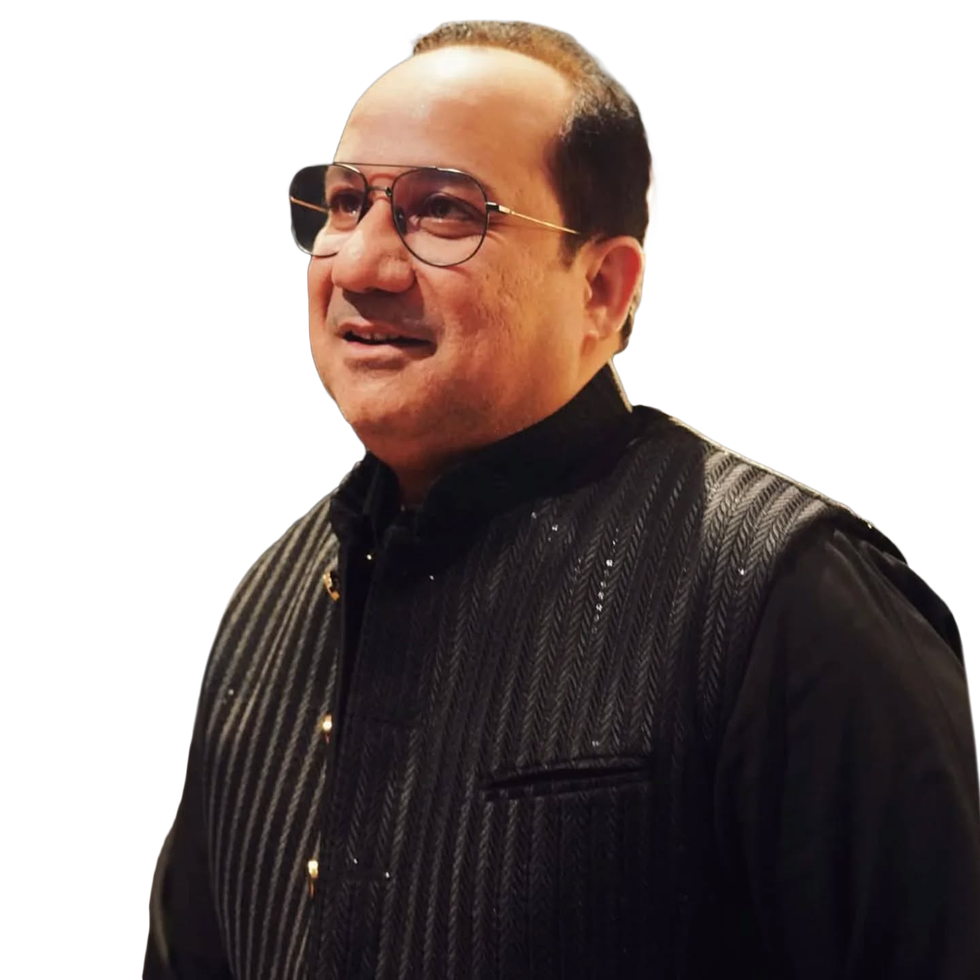 Rahat Fateh Ali Khan
Rahat Fateh Ali Khan









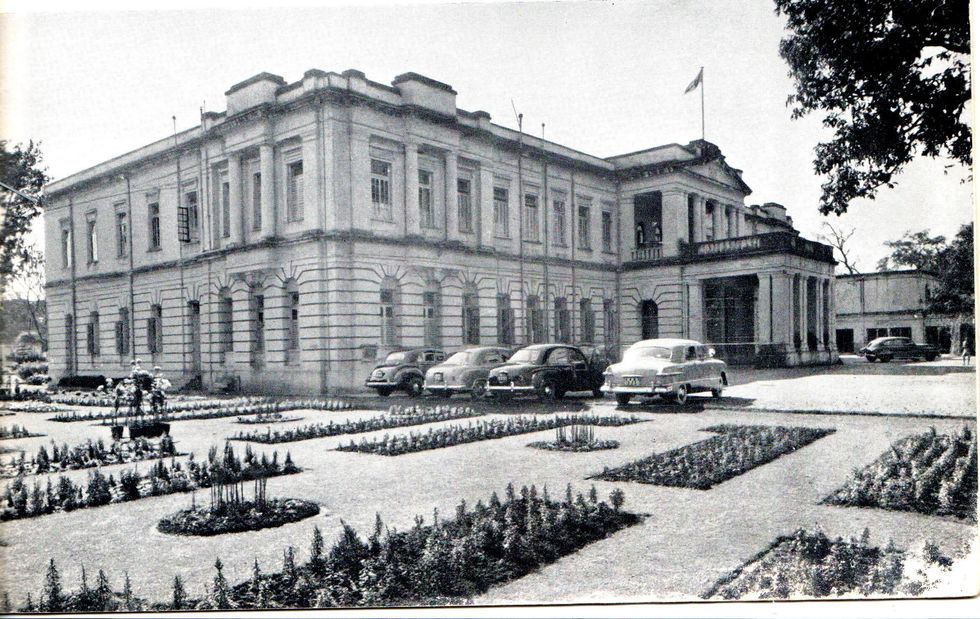 The Calcutta Club
The Calcutta Club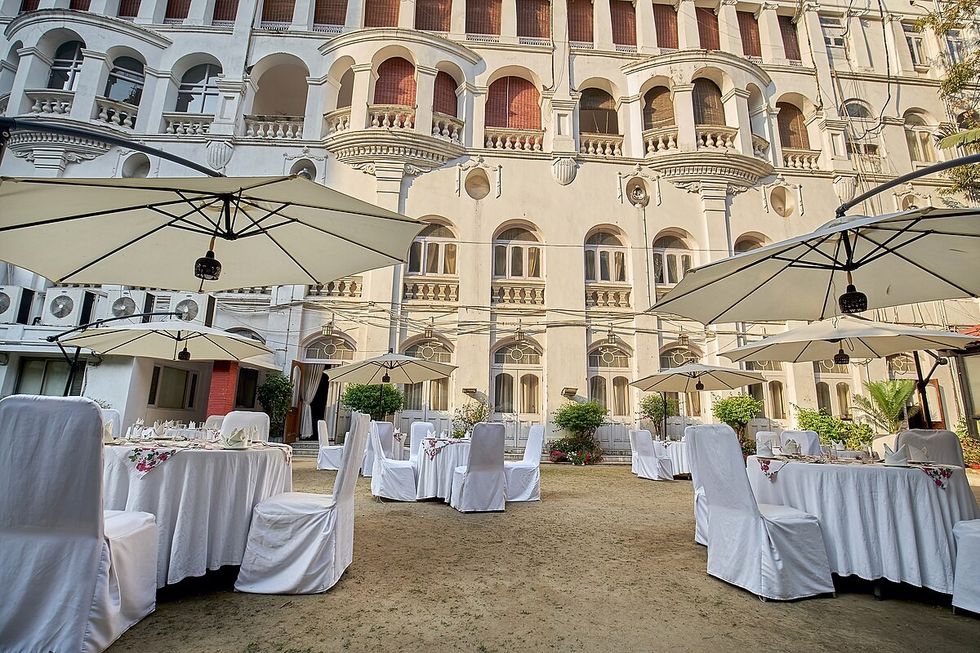 The Bengal Club lawns
The Bengal Club lawns


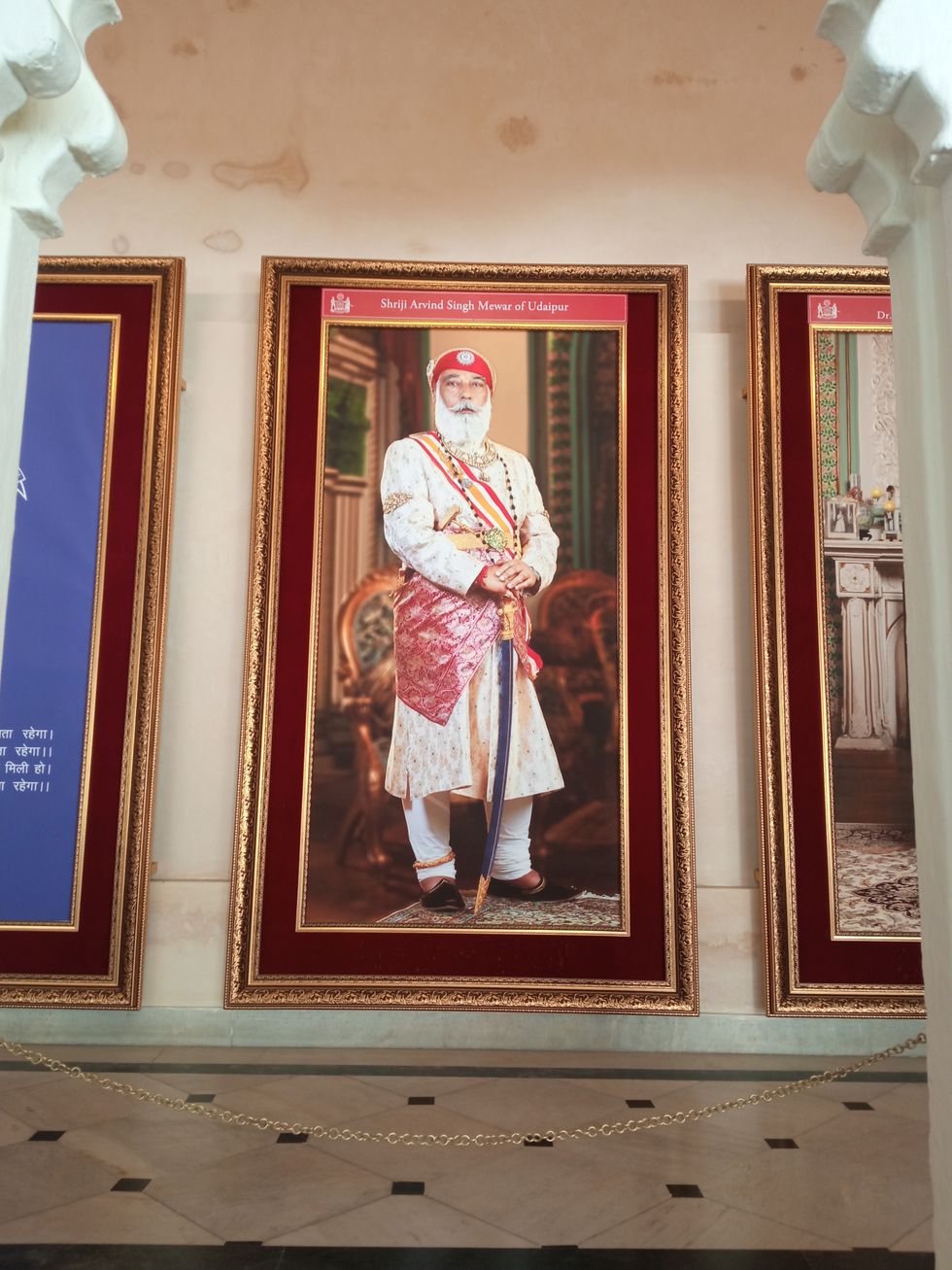 His portrait in the City Palace
His portrait in the City Palace
 Pakistani artist Moazzam Ali Khan caught the attention of Bollywood legend Javed Akhtar with his soulful YouTube cover of Yeh Nain Deray Deray
Pakistani artist Moazzam Ali Khan caught the attention of Bollywood legend Javed Akhtar with his soulful YouTube cover of Yeh Nain Deray Deray John Abraham to headline action thriller Tehran
Getty Images for DIFF
John Abraham to headline action thriller Tehran
Getty Images for DIFF
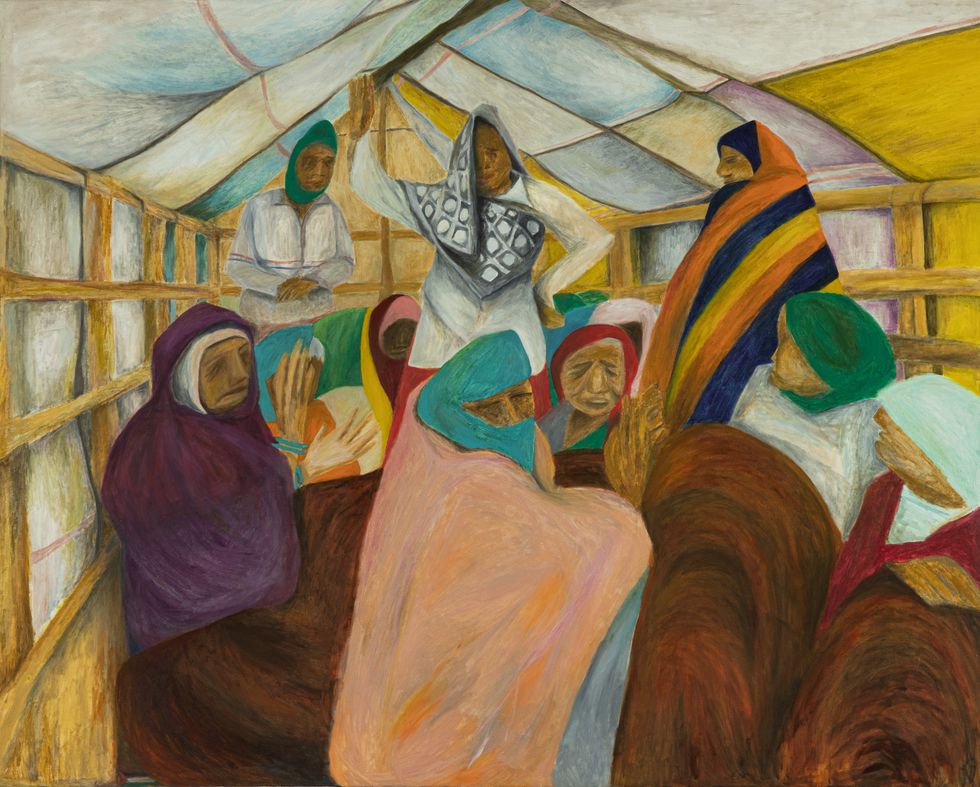 Tikri Border, Haryana-Delhi by Aban Raza
Tikri Border, Haryana-Delhi by Aban Raza Harmz Matharu
Harmz Matharu Abhishek Bachchan in Be Happy
Abhishek Bachchan in Be Happy Devika's soulful vocals shine in her new Punjabi ballad Wisteria
Devika's soulful vocals shine in her new Punjabi ballad Wisteria Indian Idol star Nitin Kumar promises a soulful mix of qawwali, Sufi, and folk music at his upcoming UK performance
Indian Idol star Nitin Kumar promises a soulful mix of qawwali, Sufi, and folk music at his upcoming UK performance Kunal Kamra during his show
Wikipedia
Kunal Kamra during his show
Wikipedia
 Swiss-Indian singer BombayMami is making waves with her bold style and sound
Swiss-Indian singer BombayMami is making waves with her bold style and sound Hania Aamir receives a questionable honour in London
Hania Aamir receives a questionable honour in London